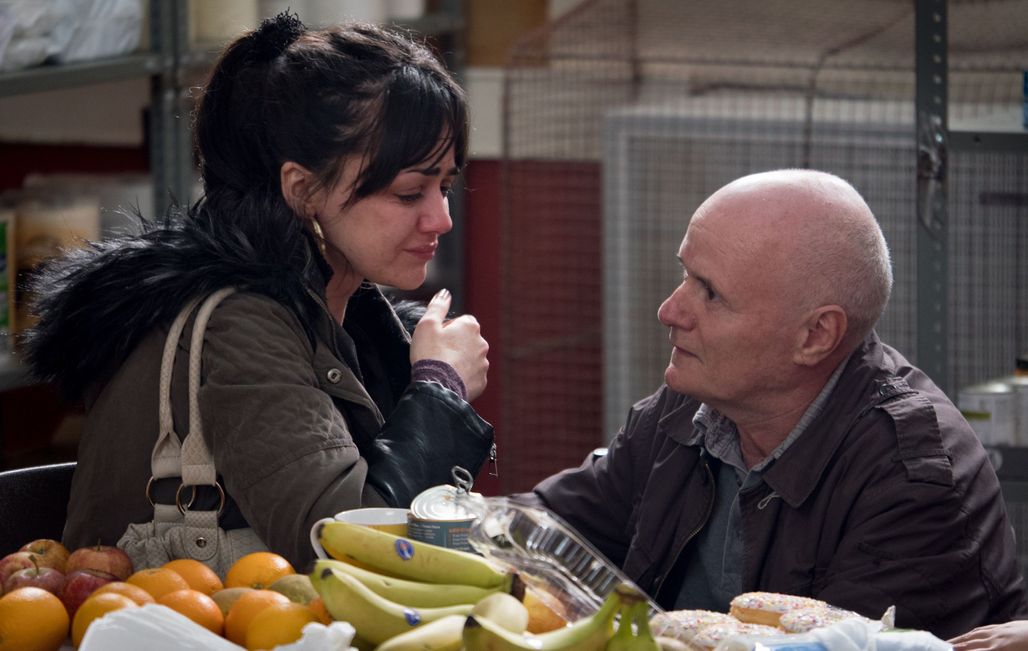
I, Daniel Blake: a portrait of society by the master of the genre

This is the 25th feature film and 13th entry in Competition for Ken Loach, who picked up the Palme d’or in 2006 with The Wind that Shakes the Barley. Fifty years after Cathy Comes Home, the indefatigable 79 year-old British filmmaker continues to focus with compassion on the most disadvantaged in society, this time decrying the dark cynicism of social workers. In I, Daniel Blake, as in life itself, the bleak harshness of the bureaucracy is not without its moments of black humour.
"Food, warmth and a roof over our heads have been our most basic needs since the dawn of time": Paul Laverty, long-time collaborator of Ken Loach, once again wrote the screenplay for this latest film, born of the two men's dismay at the calculated cruelty of the bureaucratic system. The anger provoked by the deliberate use of poverty for political ends drove the director to get out his camera once again, not long after wrapping up Jimmy’s Hall in 2014.
Between the character of Katie (Hayley Squires), a young single mum with two kids, and that of Daniel Blake (Dave Johns), a 50-something widowed joiner, there's a sense of solidarity that's as striking as it's authentic, set against the grim background of the dole office. In his account of the occasionally comic fixes into which this unlikely couple get themselves – in a life rocked to the core by the insecurity of joblessness – Ken Loach sets out, as usual, to capture the vulnerability of the working classes.
“Faced with bureaucrats as worryingly stupid and as openly determined to drive you up the wall, you feel an appalling sense of frustration, which can occasionally give rise to moments of real black humour”
With Hayley Squires and renowned comedian Dave Johns, the director has chosen actors from precisely that background, in a bid for as much realism as possible. Dan's character, which Loach sought to make "sensitive and nuanced" without ever descending into "proletarian caricature" adds something special to a poignant film, shot in five weeks in Newcastle in the northeast of England.


